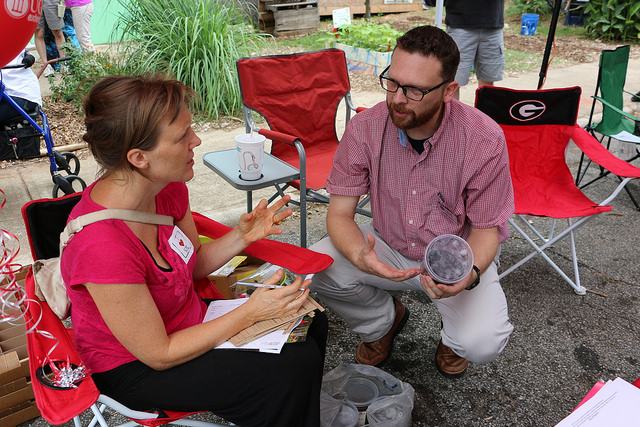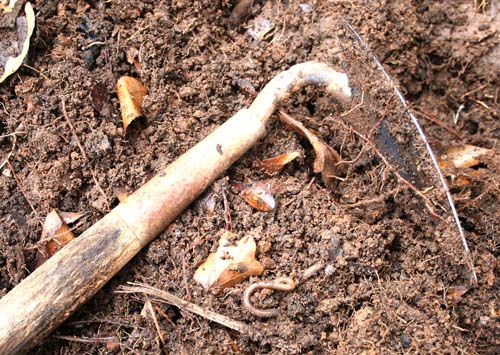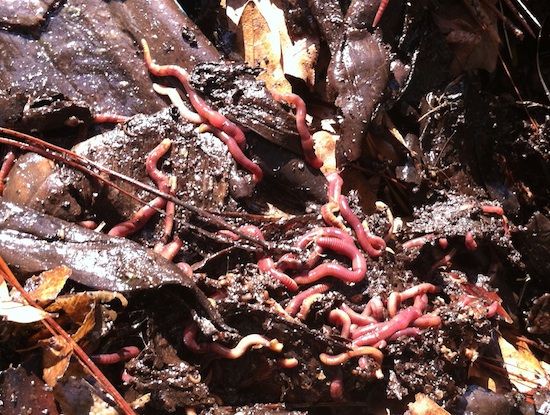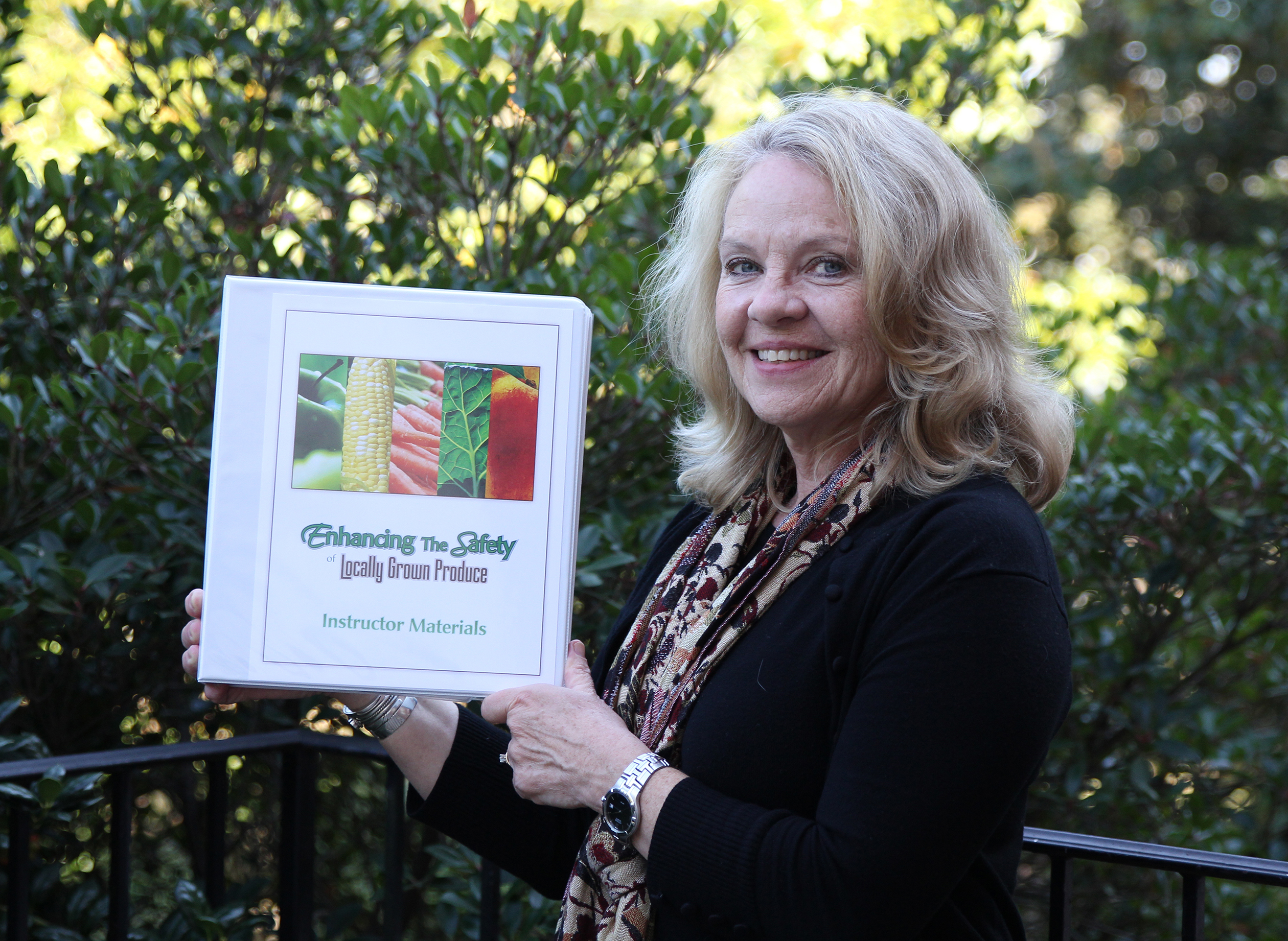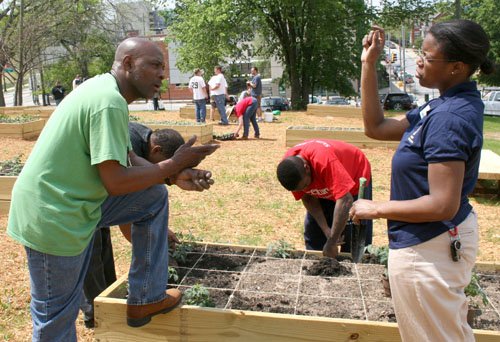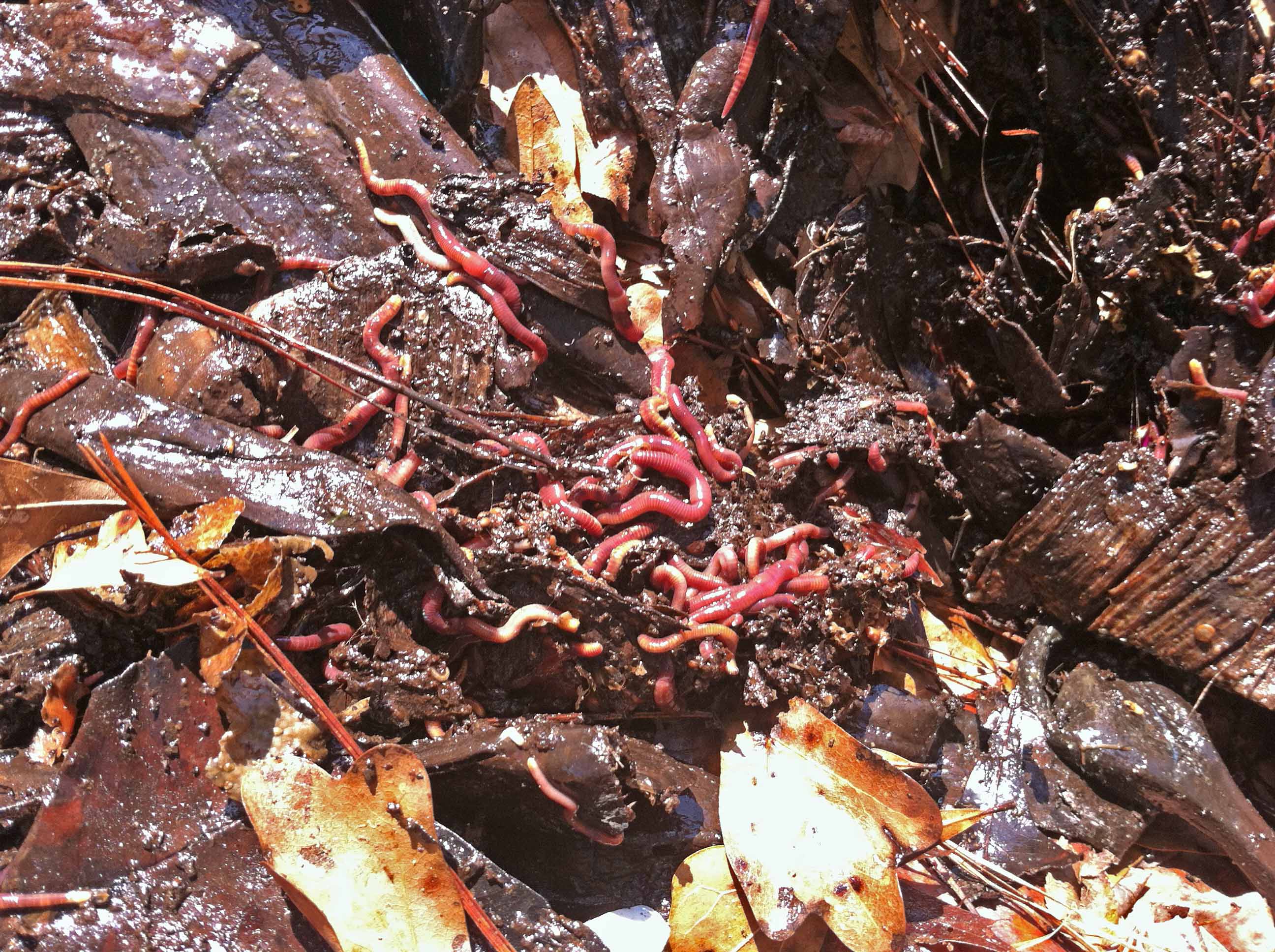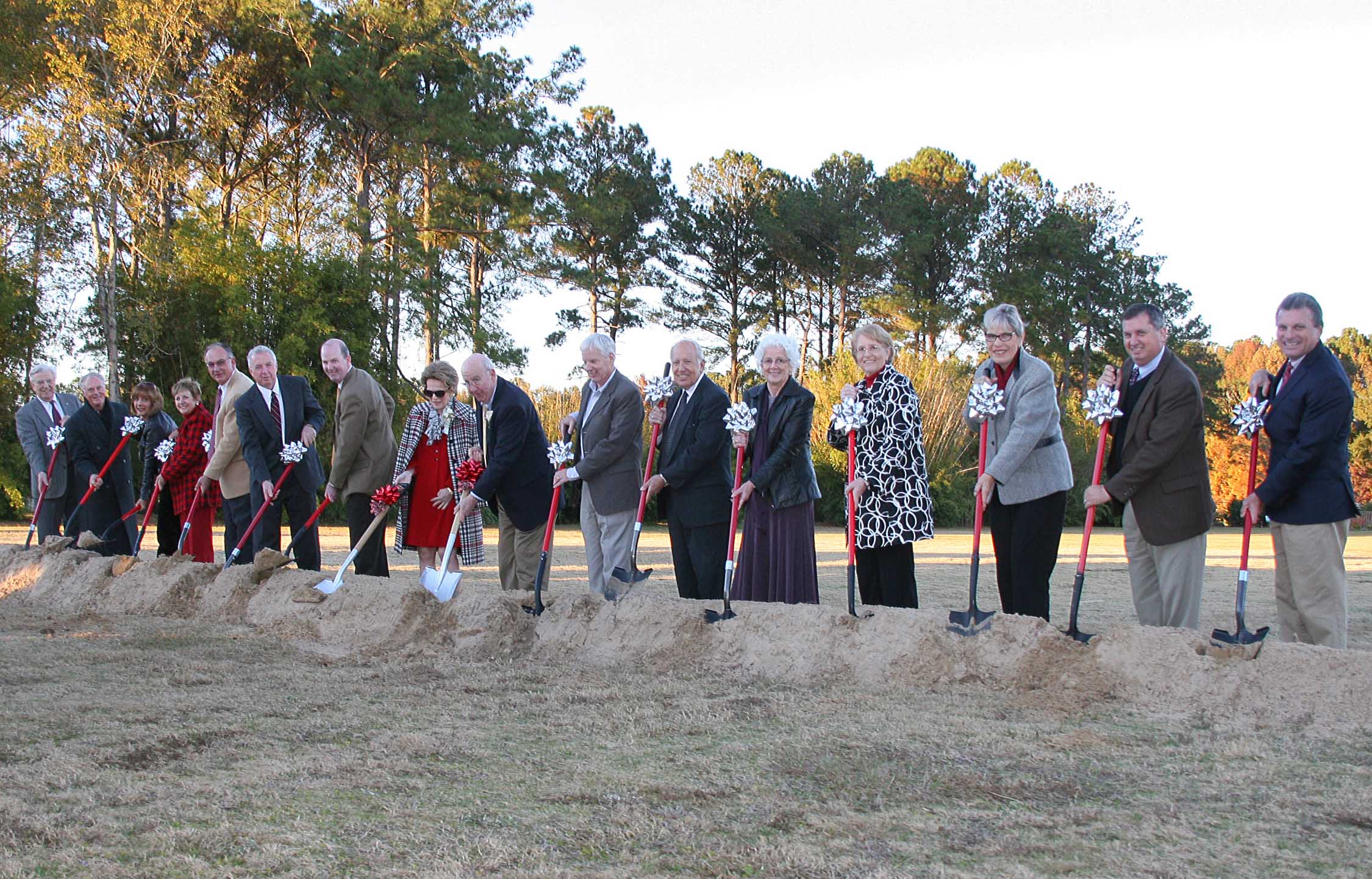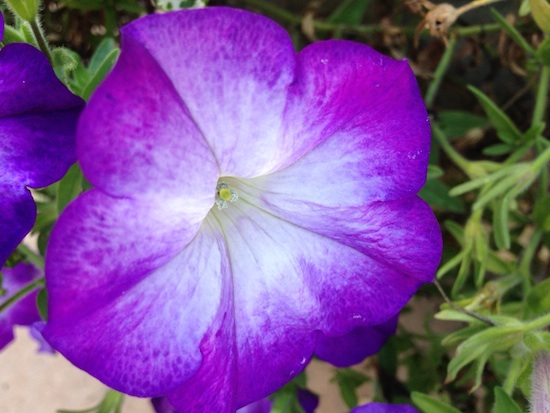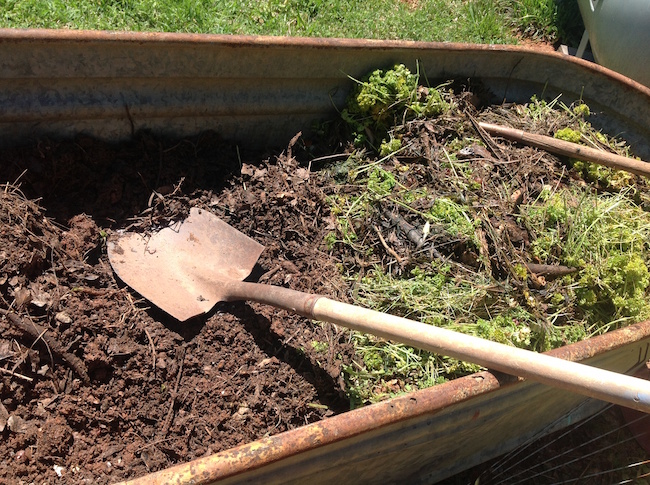 CAES News
CAES News
Perfecting the Pile
With higher temperatures across Georgia, May is the ideal time to consider building a compost bin. The second week of May, May 7–13, is International Compost Awareness Week. University of Georgia Cooperative Extension offices across the state can supply advice for homeowners who want to start to make the most of their food and yard waste and improve their soil.

